En un blog titular un post como “artículo de opinión” es como hablar del agua dentro del océano, ![]() uno contiene al otro. Sobra decir lo de opinión porque los post de un blog se diferencian de los de un periódico precisamente porque llevan intrínseca la carga de la subjetividad. Sin embargo, los más antiguos de este blog habréis observado cómo con los años mis post opinativos han ido perdiendo protagonismo en favor de otros post más técnicos y agronómicos. Con ello he querido reducir los post de opinión del blog a los temas verdaderamente importantes, marcando con ello una clara línea editorial. Opinar cuando haya un asunto decisivo sobre el que opinar. Y la crisis del coronavirus es uno de esos momentos.
uno contiene al otro. Sobra decir lo de opinión porque los post de un blog se diferencian de los de un periódico precisamente porque llevan intrínseca la carga de la subjetividad. Sin embargo, los más antiguos de este blog habréis observado cómo con los años mis post opinativos han ido perdiendo protagonismo en favor de otros post más técnicos y agronómicos. Con ello he querido reducir los post de opinión del blog a los temas verdaderamente importantes, marcando con ello una clara línea editorial. Opinar cuando haya un asunto decisivo sobre el que opinar. Y la crisis del coronavirus es uno de esos momentos.
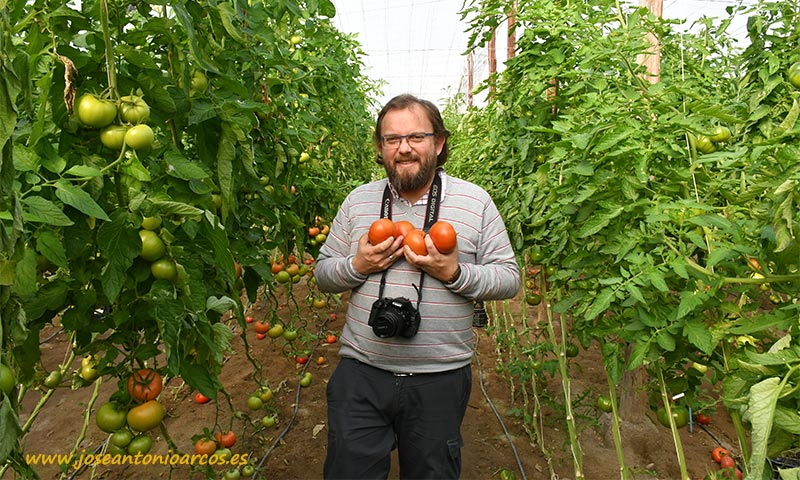
La agricultura, la ganadería y la pesca han demostrado durante este tiempo que son los sectores esenciales, los primarios, los prioritarios, los estratégicos por mucho que les pese a los secundarios del mundo de la cultura que han tenido que lloriquear en medios generalistas y redes sociales para que ellos también sean calificados como “esenciales”. Cuando pase todo esto, que pasará aunque nada volverá a ser como antes, mi tiempo libre no lo dedicaré ni a la cultura ni al fútbol, lo dedicaré a la familia y a mis seres queridos. Y a trabajar más. Y eso otro secundario, será para mi irrelevante.
Será en el trabajo donde encuentre a mis héroes, los hombres y mujeres de la España rural, de esa España vacía que está alimentando a la España cosmopolita y urbana que tanto la ignora.
Ya nada volverá a ser como antes, y menos aún en la escala de prioridades. Esta crisis tan dolorosa, que está suponiendo la muerte silenciosa de miles y miles de personas (pérdida de una magnitud de la que aún no somos conscientes como colectivo), va a ser una catarsis para toda la sociedad. Cada uno la vivirá de un modo diferente, según sus circunstancias como decía el filósofo José Ortega y Gasset, pero esa catarsis será griega en el sentido más profundo de los antiguos helenos. Nos transformará por dentro y por fuera, en nuestras relaciones profesionales y personales, en nuestro modo de interactuar con el mundo y la naturaleza y en la cosmovisión de las cosas. Es cuestión de tiempo de que esta huella empiece a dejar sus marcas sobre cada uno de nosotros.
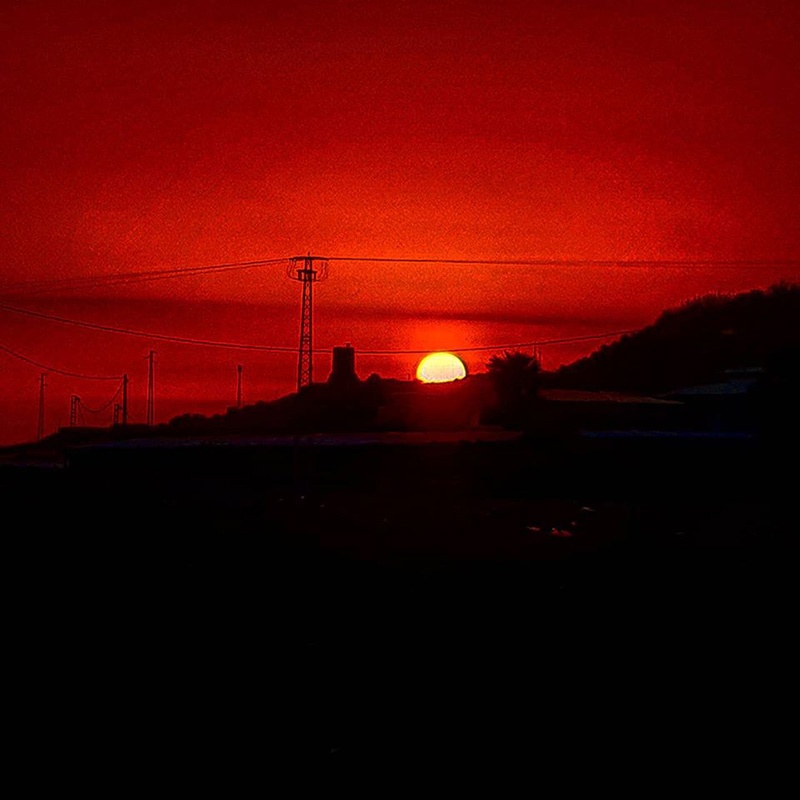
¿Habremos aprendido algo cuando pase lo peor de la tormenta? ¿O no? ¿Saldremos más reforzados como sociedad o seguiremos actuando como el carnero tosco que empuja y empuja porque no conoce nada diferente a su instinto? Somos personas dotados de esa parte racional que nos diferencia del rebaño, pero teniendo en cuenta que aún no he leído ni escuchado hasta ahora un relato profundo y humano de lo que ha sucedido y continúa sucediendo me temo que seguiremos agarrados a nuestra parte más animal e instintiva. La respuesta está dada.
El sector agrícola, con el que orgullosamente me identifico, no creo que salga de esta crisis más valorado. A nivel interno los agentes del sector trabajan en difundir mensajes bienintencionados de lo prioritarios que somos, realidad que conocemos los que dentro del sector habitamos. Pero no los de fuera. No tengo la impresión de que el discurso de defensa y orgullo del mundo agro esté atravesando las fronteras del propio mundo agro. Esa otra realidad más allá de nuestras murallas, que es mayoritaria, continúa creyendo que estantes de fruterías y lineales de supermercados se llenan por Decreto Ley. Aún queda mucho camino para que se vea al agricultor como el eje en torno al cual se mueve una sociedad de futuro.
Yo lo tengo claro, y tú lector del sector quizá también. Pero aún está casi todo por hacer.
Y en mitad del camino, la catarsis.
——
Traducción al inglés: Míriam Cuenca Clement
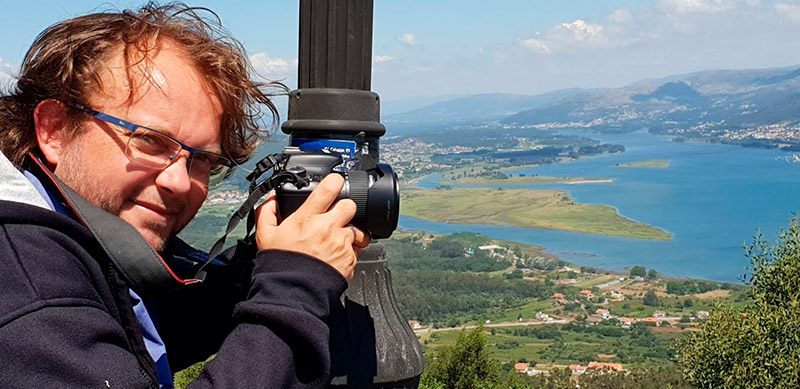
Opinion article
In a blog, to entitle a post as “opinion article” is like talking about water in the ocean, one contains the other. It is not necessary to specify the opinion part, as the posts of a blog differentiate themselves from those of a newspaper precisely because they carry the burden of subjectivity. However, the oldest readers of this blog will have noticed how, over the years, my opinion posts have been losing prominence in favour of more technical and agronomic ones. With that I wanted to reduce the number of opinion articles to the truly important topics, by that means marking a clear editorial line. To give an opinion when there is a decisive issue to give an opinion on. And the coronavirus crisis is one of these moments.
Agriculture, livestock and fishing have shown during these times that they are the essential sectors, the primary ones, the important ones, the strategic ones, even though it may annoy the secondary sectors of the cultural world, which have had to whine in general and social media to also be described as “essential”. When all of this is over, which will happen although nothing will ever be the same again, I will not devote my free time to culture or football, I will devote it to my family and my dear ones. And to work more. And those secondary things will be irrelevant to me.
It will be at work where I will find my heroes, the men and women of the rural Spain, of that empty Spain which is feeding the cosmopolitan and urban Spain that ignores it so much.
Nothing will ever be the same again, and even less on the priority scale. This so painful crisis, which involves the silent death of thousands and thousands of people (loss of a magnitude which we are still not very aware of as a collective), will be a catharsis for the society. Each one will experience it in a different way, as the philosopher José Ortega y Gasset said, but this catharsis will be Greek in the deepest sense of the ancient Hellenes. It will transform us, both inside and out, in our professional and personal relationships, in our way of interacting with the world and nature and in our worldview of things. It is only a matter of time for this footprint to start leaving its mark on each one of us.
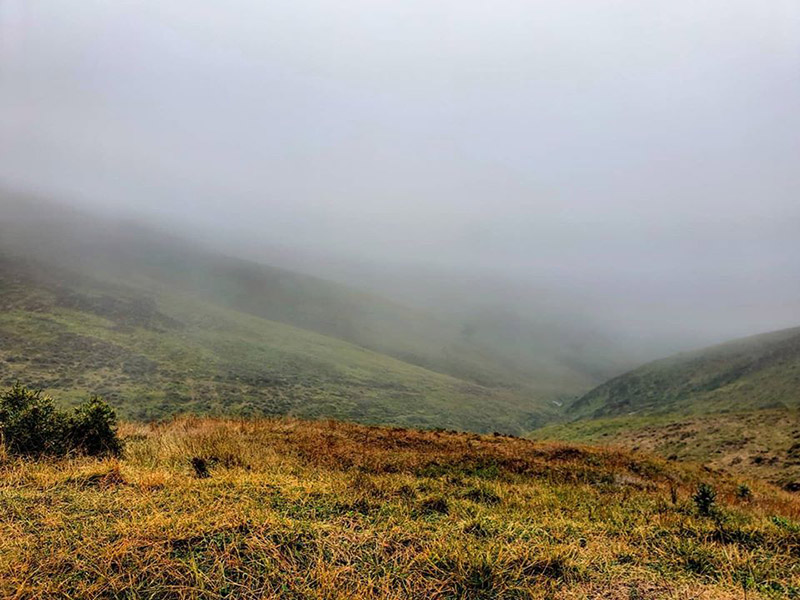
Will we have learnt something when the worst part of the storm is over? Or not? Will we come out stronger as a society or will we continue to act like the tough ram which pushes and pushes because it knows nothing beyond its instincts? We are people gifted with that rational part that differentiates us from the flock, but, taking into account that I still have not heard until now a deep and human description of what has happened and is still happening, I think that we will continue to cling to our most animal and instinctive part. The answer has been given.
I do not think that the agricultural sector, with which I very proudly identify, will come out of this crisis more highly valued. Internally, the agents of the sector work to spread well-intentioned messages about how important we are, a reality that only the ones within the sector know, but not the outsiders. I am not under the impression that the speech in favour and pride of the agro world is crossing the limits of the agro world itself. This other reality beyond our frontiers, which is the majority opinion, continues to believe that the shelves of supermarkets and greengrocers are filled up by executive order. There is still a long way to go in order to see farmers as the cornerstone upon which a future society revolves.
I am clear about it, and you, reader of the sector, maybe too. But there is still a great deal to be done.
And in the middle of the way, the catharsis.











